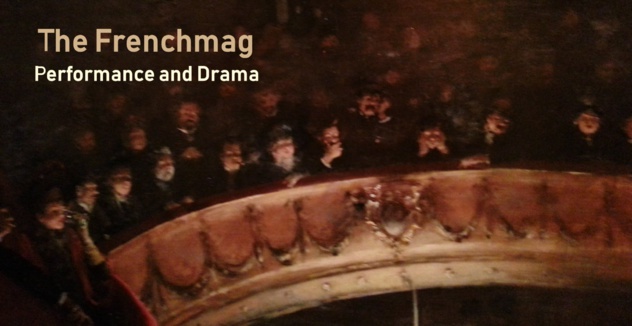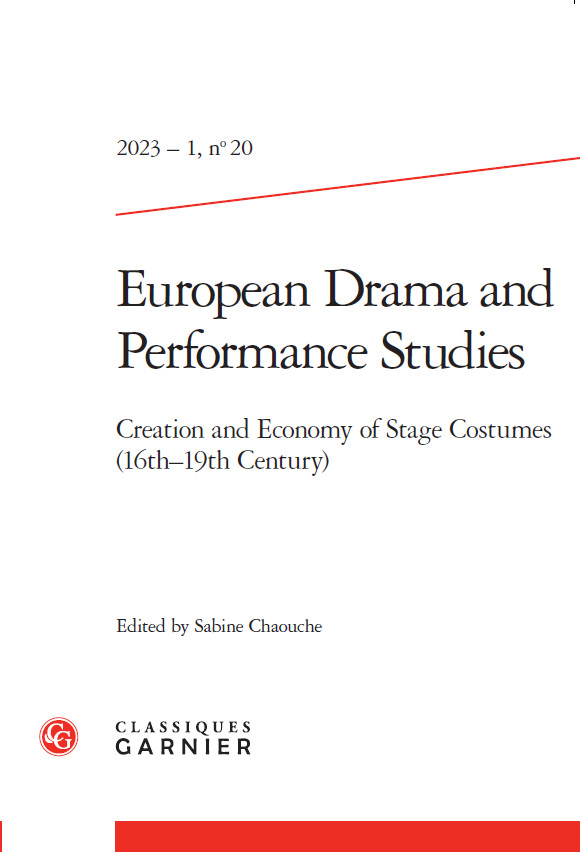
Biography
Jessica is currently a Junior Research Fellow at Clare College, Cambridge, where she also teaches eighteenth-century literature and translation. Her undergraduate and postgraduate studies took place at Worcester College, Oxford, where she completed a BA in French and Italian, followed by a Masters in Enlightenment Studies. A longstanding love of theatre combined with an interest in cultural exchange between France and Italy led her to study Carlo Goldoni’s time in Paris, using his case study to examine the status of the Comédie-Italienne and its authors in the 1760s (see abstract, below). As well as turning her thesis into a book, she is now working on a new project that extends the reflections on authorial gloire broached in her consideration of Goldoni’s posterity. This project considers the commemoration of authors in late eighteenth century France by examining dialogues and plays set in the afterlife. It asks how these texts draw on and reimagine an individual’s reputation in life, how they construct the social value of literature for their writers and readers, and how they relate to new cultures of mourning and memorialisation in the period.
Further information on talks and publications can be found here: www.jessicagoodman.co.uk
Further information on talks and publications can be found here: www.jessicagoodman.co.uk
DPhil / Thèse: La gloire et le malentendu: Goldoni and the Comédie-Italienne, 1760-93
Eighteenth-century Paris was the cultural capital of Europe and home to a vibrant network of theatres, not all of which are equally present in modern scholarship. The Comédie-Italienne in particular has frequently been downplayed in historical accounts, and there is no existing work outlining its relationship with its authors. This thesis aims to address this gap through a case study of the Italian author Carlo Goldoni, who began work for the Comédie-Italienne in 1762. His thirty years in Paris hold an ambiguous place in his career: the preface to his autobiography draws attention to France as the site of his authorial glory, but his work for the Comédie-Italienne is dismissed as a failure; a view echoed by many modern critics. This study therefore also sets out to explore this apparent contradiction. Substantial original work on the Comédie-Italienne archives sheds new light on the administration of this theatre, building up the most comprehensive existing account of its finances, audiences and author relations in the 1760s, and situating it in the contemporary cultural field. Dramatic authors are revealed to be at the heart of tensions between symbolic and financial concerns across eighteenth-century theatrical Paris. This re-evaluation also provides a new context for understanding Goldoni’s equivocal account of his Parisian career. He desired a glorious image in posterity, yet the Comédie-Italienne’s collaborative production and lack of publication thwarted the reputation-shaping tactics he had developed in Italy. The only weapon that remained was his French Mémoires (1787), in which he consciously constructed his image and the claim of Parisian glory. Goldoni’s case also raises broader questions about the creation of literary gloire, and the fate of the cosmopolitan artist in a strange land. In modern France, Goldoni is remembered as a famous foreigner, not the Frenchman he believed he had become. The thesis concludes that this failure in posterity stems from his misunderstanding of how to achieve gloire in his French context: to rely on artificially created image alone is not enough, and yet Goldoni had no choice.
Thesis viva held 22 May 2013, University of Oxford.
Supervisor: Professor Alain Viala
Examiners: Dr Mark Darlow (Cambridge), Dr Ted Nye (Oxford)
Thesis viva held 22 May 2013, University of Oxford.
Supervisor: Professor Alain Viala
Examiners: Dr Mark Darlow (Cambridge), Dr Ted Nye (Oxford)







